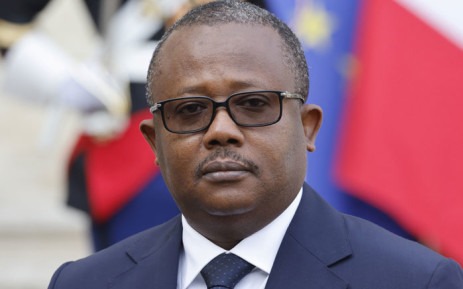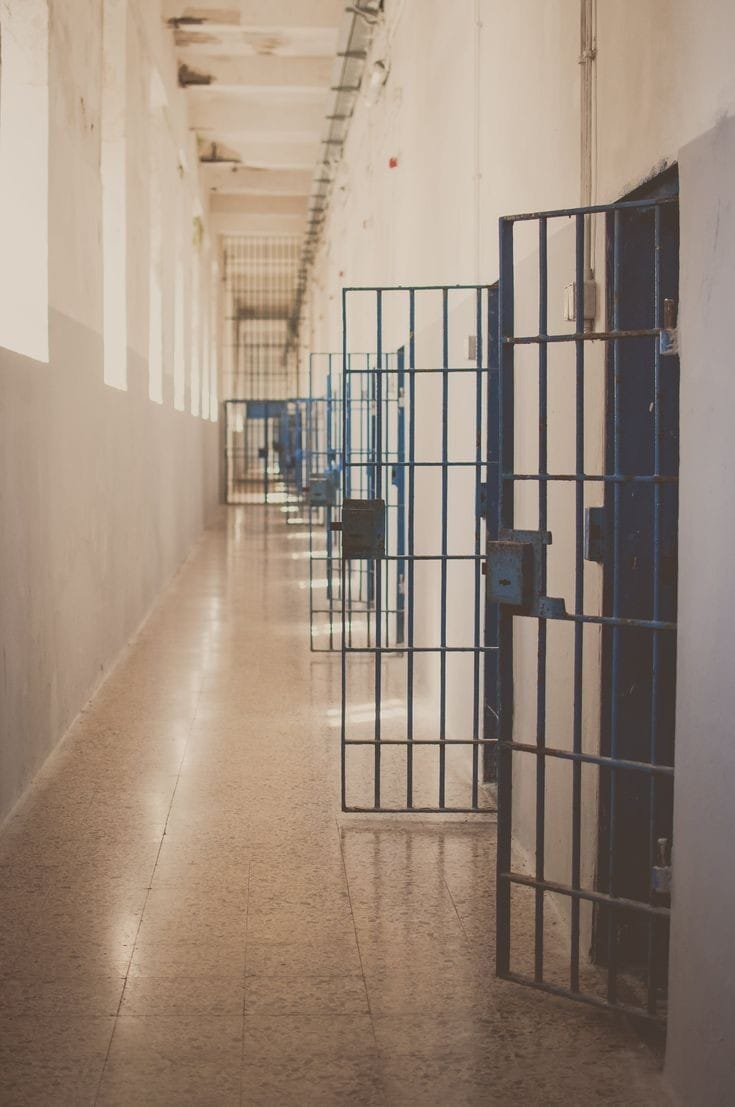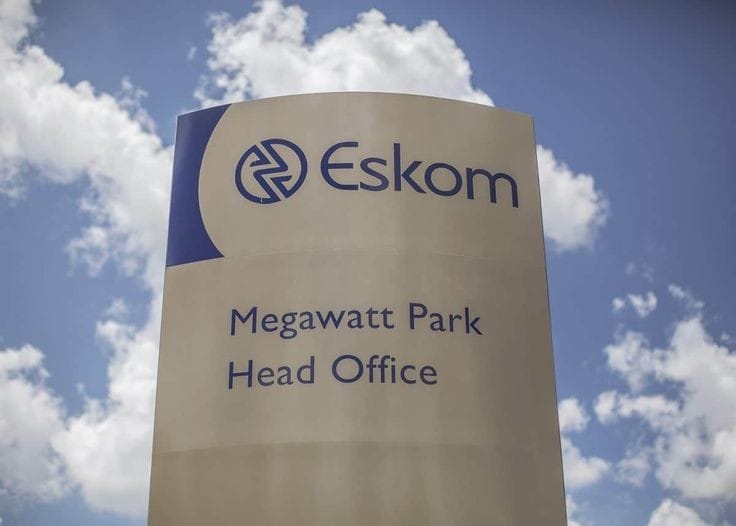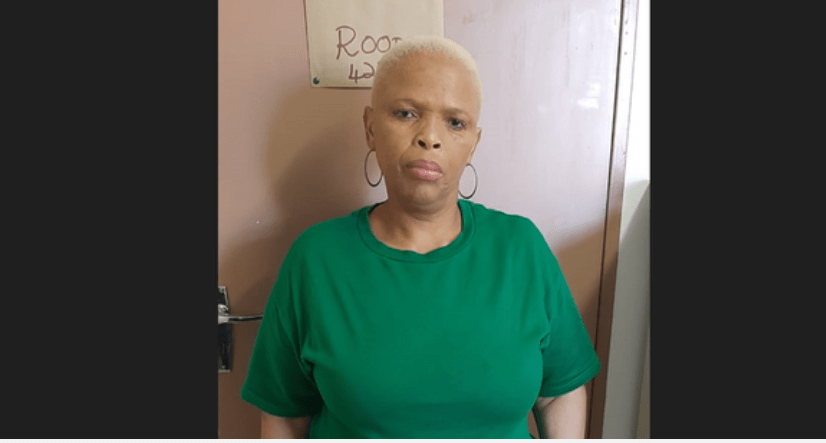Guinea-Bissau finds itself plunged into a multifaceted political crisis as President Umaro Sissoco Embalo dissolved the parliament, citing an “attempted coup” that has disrupted the normal functioning of the West African nation’s institutions. This move comes amid violent clashes between the national guard and the presidential guard’s special forces, raising concerns about the stability of the country. The crisis revolves around allegations of corruption, complicity within the state apparatus, and a broader political divide between the opposition-led government and the presidency. This article delves into the intricacies of the unfolding situation, analyzing the events leading up to the dissolution of parliament and exploring the challenges Guinea-Bissau faces in its quest for political stability.
- Violence and Attempted Coup:
- The catalyst for the current crisis was a series of violent clashes between the national guard and the presidential guard’s special forces in the capital, Bissau. President Embalo, attending the COP28 climate conference in Dubai, declared an “attempted coup d’etat” upon his return, accusing certain political interests within the state apparatus of complicity.
- These clashes resulted in the unfortunate loss of lives and underscored the deep-seated tensions within Guinea-Bissau’s security forces, raising questions about the country’s overall stability.
- Dissolution of Parliament:
- In response to the alleged attempted coup, President Embalo took the unprecedented step of dissolving the opposition-dominated parliament. He asserted that complicity between the national guard and specific political interests had rendered the normal functioning of the Republic’s institutions impossible.
- The dissolution of parliament reflects the severity of the crisis and suggests a drastic measure to restore stability. President Embalo emphasized the existence of a grave political crisis, pointing to the challenges that have hindered the effective governance of the nation.
- Background on Guinea-Bissau’s Political Instability:
- Guinea-Bissau has a tumultuous history marked by coups and coup attempts since gaining independence from Portugal in 1974. The recent events add another chapter to this history of political instability.
- President Embalo, who survived a coup attempt in February 2022, is no stranger to the challenges of leading a nation with a volatile political landscape.
- Specific Incident Leading to the Crisis:
- The crisis was triggered by a specific incident involving members of the National Guard storming a police station to extract Finance Minister Souleiman Seidi and Treasury Secretary Antonio Monteiro. These officials were detained for questioning regarding the withdrawal of $10 million from state accounts.
- The extraction of government officials and subsequent clashes highlighted the complexity of power dynamics within Guinea-Bissau, involving different branches of the security forces with conflicting interests.
- Allegations of Corruption:
- The government officials’ detention was linked to allegations of corruption surrounding the withdrawal of $10 million from state accounts. This incident brought to the forefront the challenges of addressing corruption within the country.
- The accusations and counter-accusations between different branches of the security forces and government institutions further deepened the political crisis.
- Role of Parliament and Political Divide:
- President Embalo criticized the parliament for what he termed as a defense of officials suspected of corruption. He accused parliament of failing to apply the law rigorously and to exercise its role as a check on government actions.
- The political divide between the opposition-led government and the presidency became apparent, with each faction seemingly prioritizing its interests over the nation’s stability and adherence to the rule of law.
- Next Steps:
- Despite the dissolution of parliament, President Embalo announced that legislative elections would be held at an “opportune moment” in accordance with the constitution. This raises questions about the feasibility of conducting fair and transparent elections amidst the current political turmoil.
- The path forward for Guinea-Bissau remains uncertain, with the need for a comprehensive and inclusive resolution to address the underlying issues contributing to the crisis.
Guinea-Bissau stands at a critical juncture as it grapples with the aftermath of an alleged attempted coup, violent clashes between security forces, and the dissolution of its parliament. President Umaro Sissoco Embalo’s decision to dissolve the parliament highlights the severity of the political crisis, while underlying issues such as corruption allegations and deep-rooted political divisions further complicate the situation. The nation’s history of political instability, marked by coups and coup attempts, adds a layer of complexity to the current challenges. As Guinea-Bissau navigates these turbulent waters, the path toward political stability and effective governance remains uncertain, raising concerns about the country’s future.









